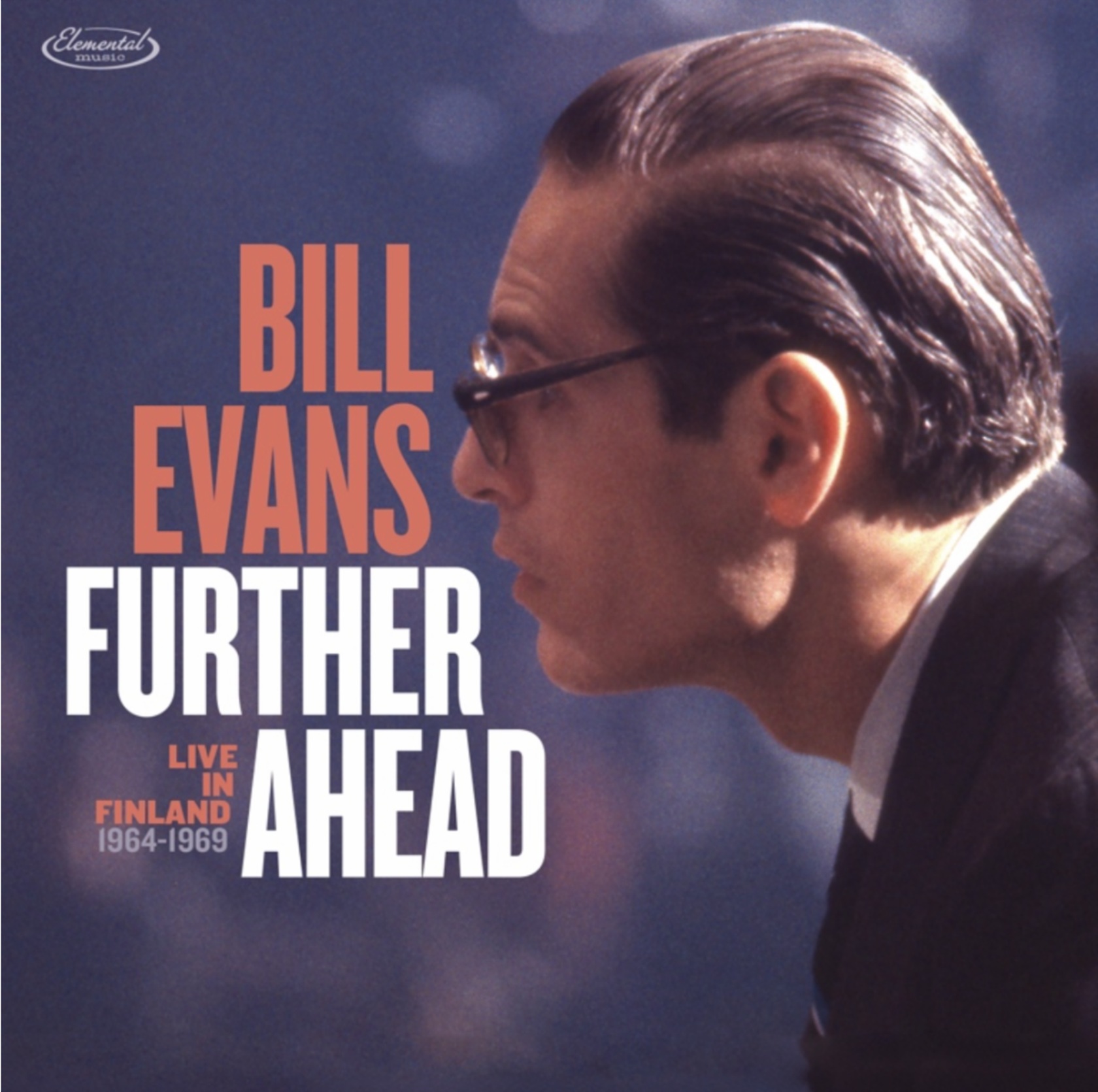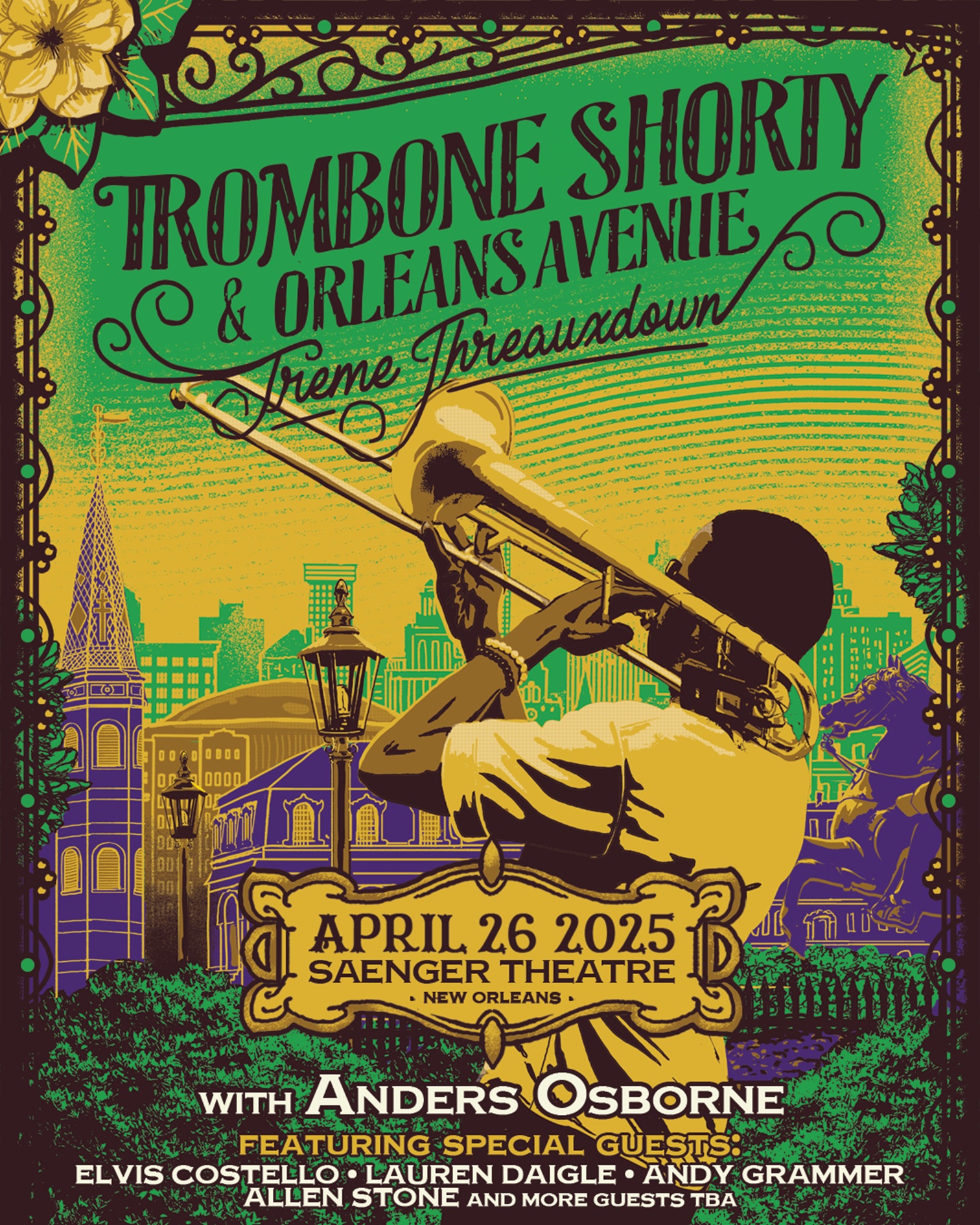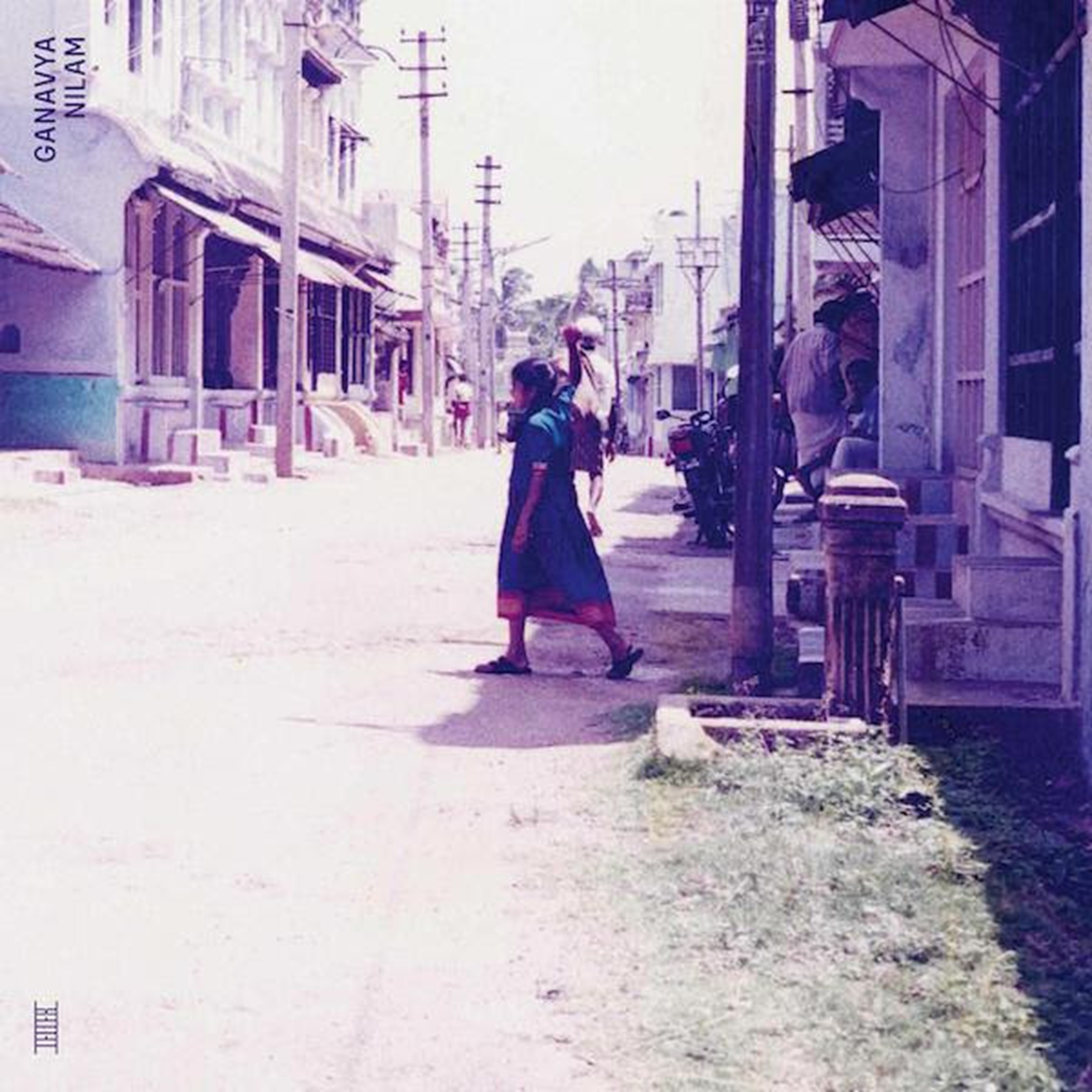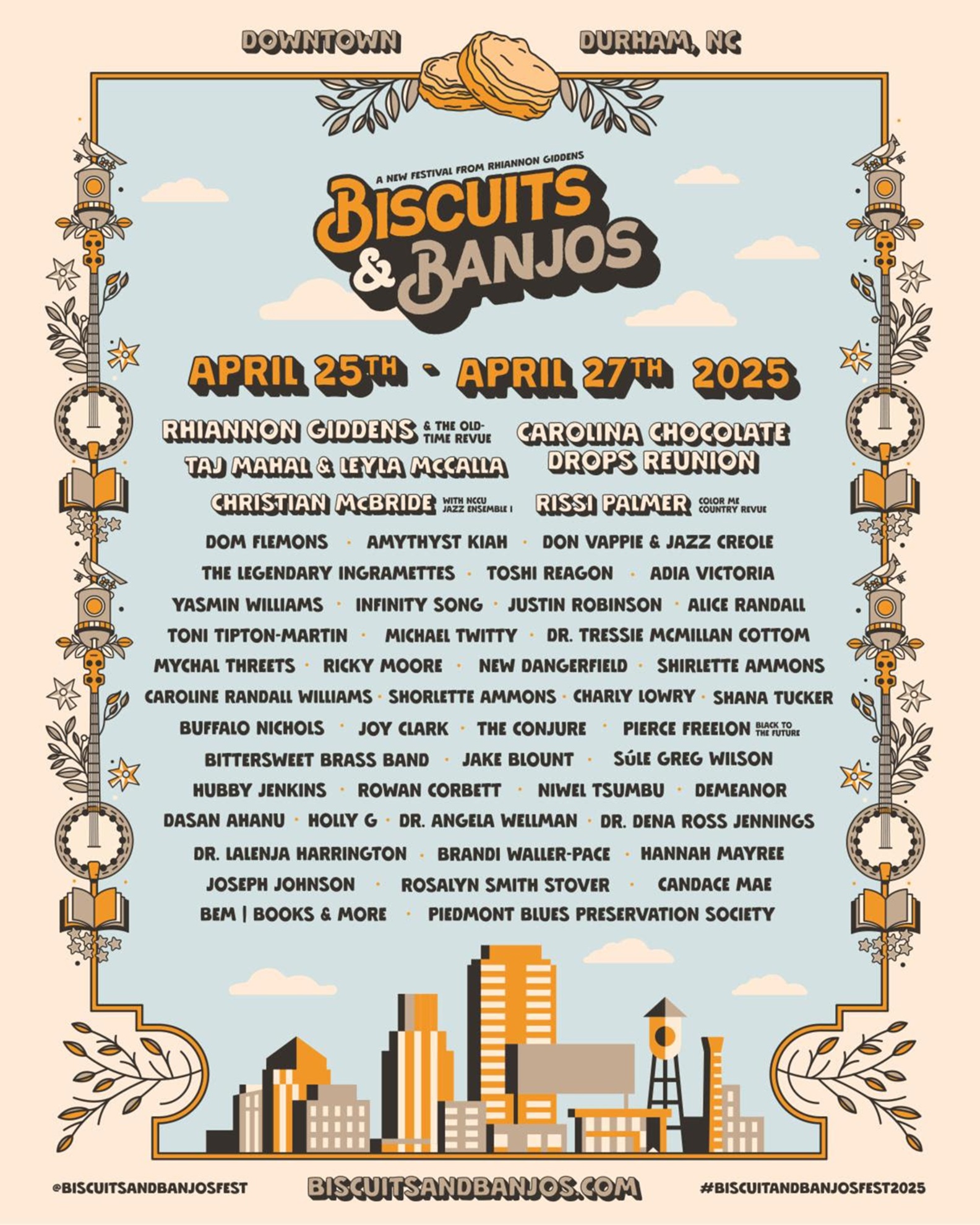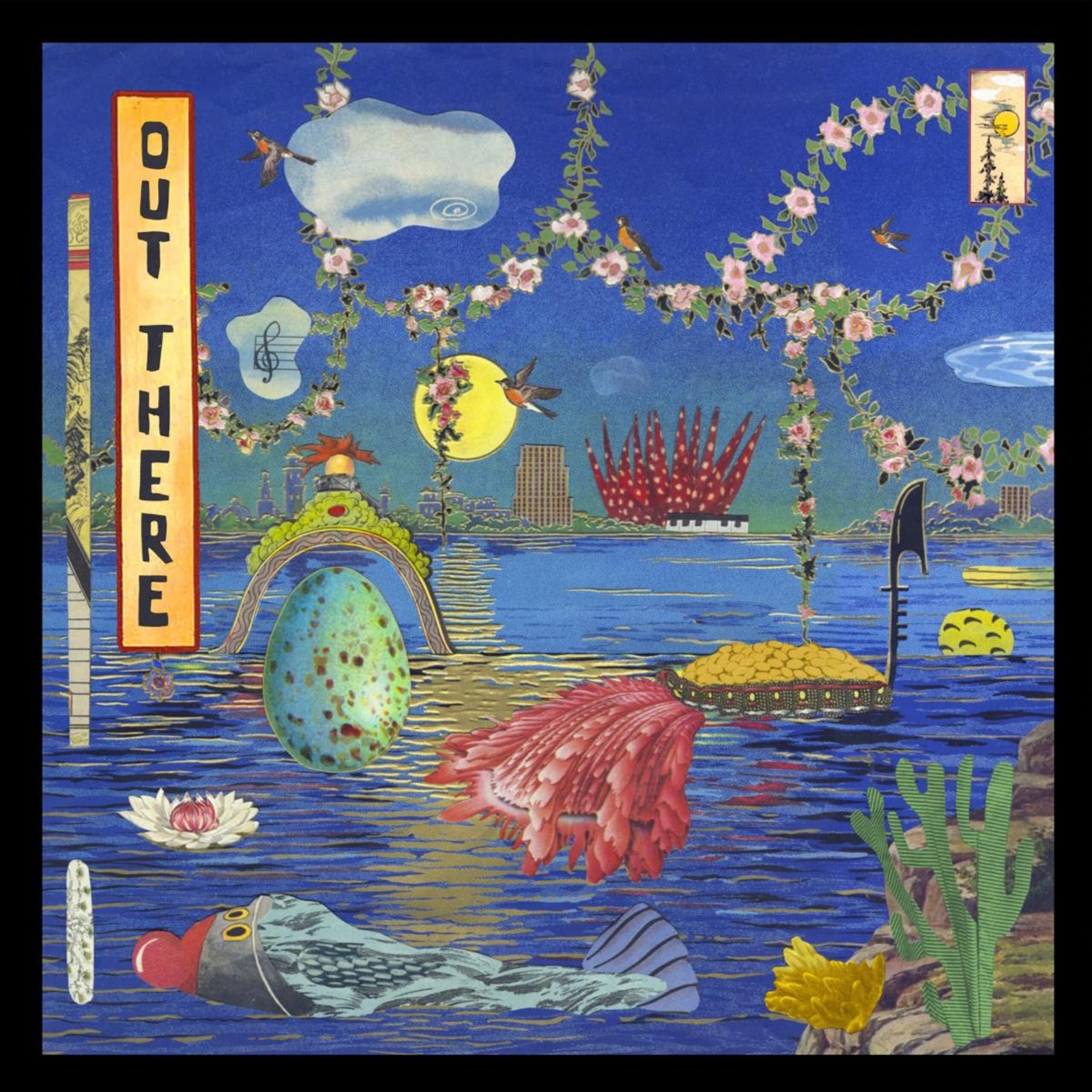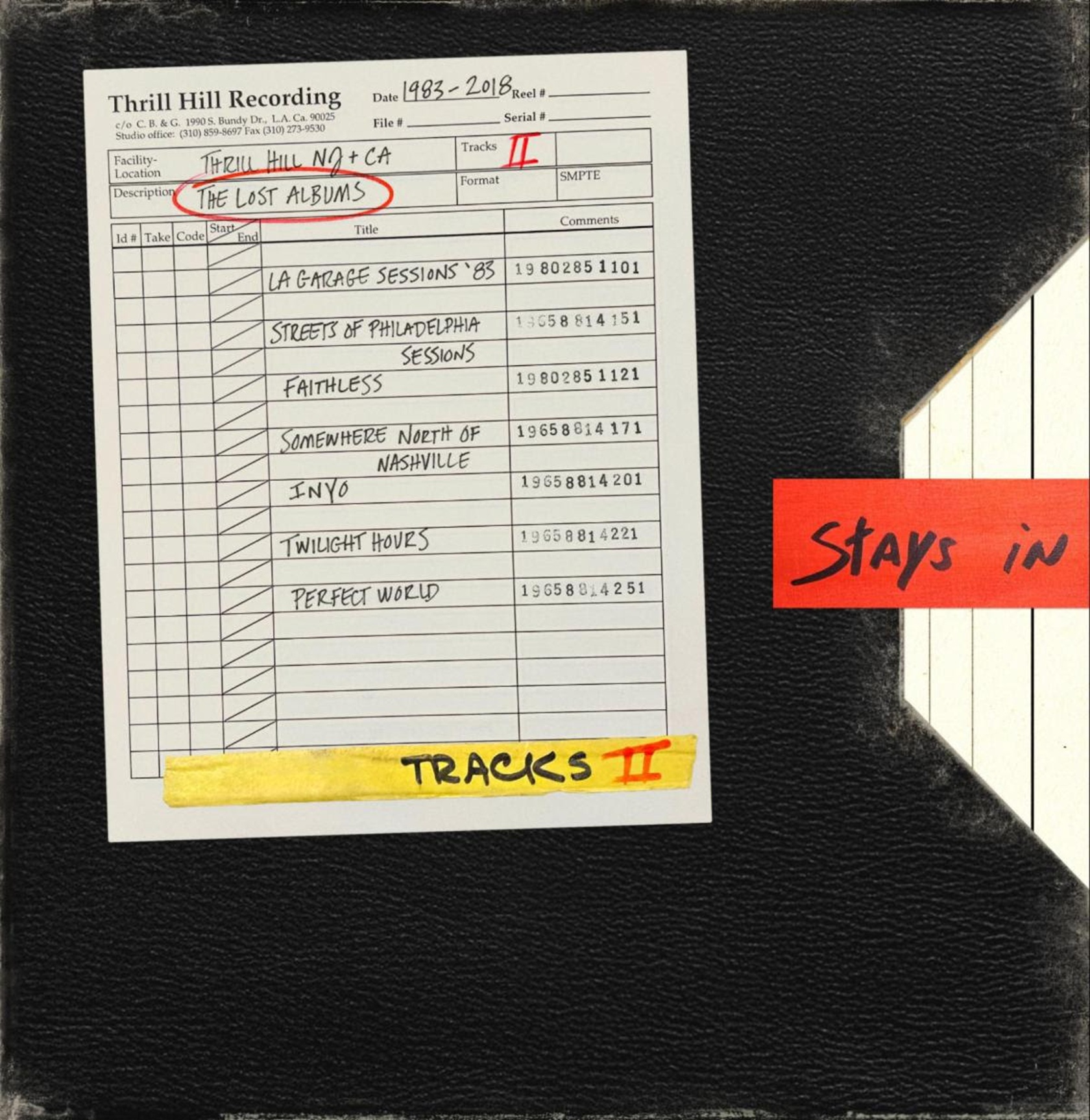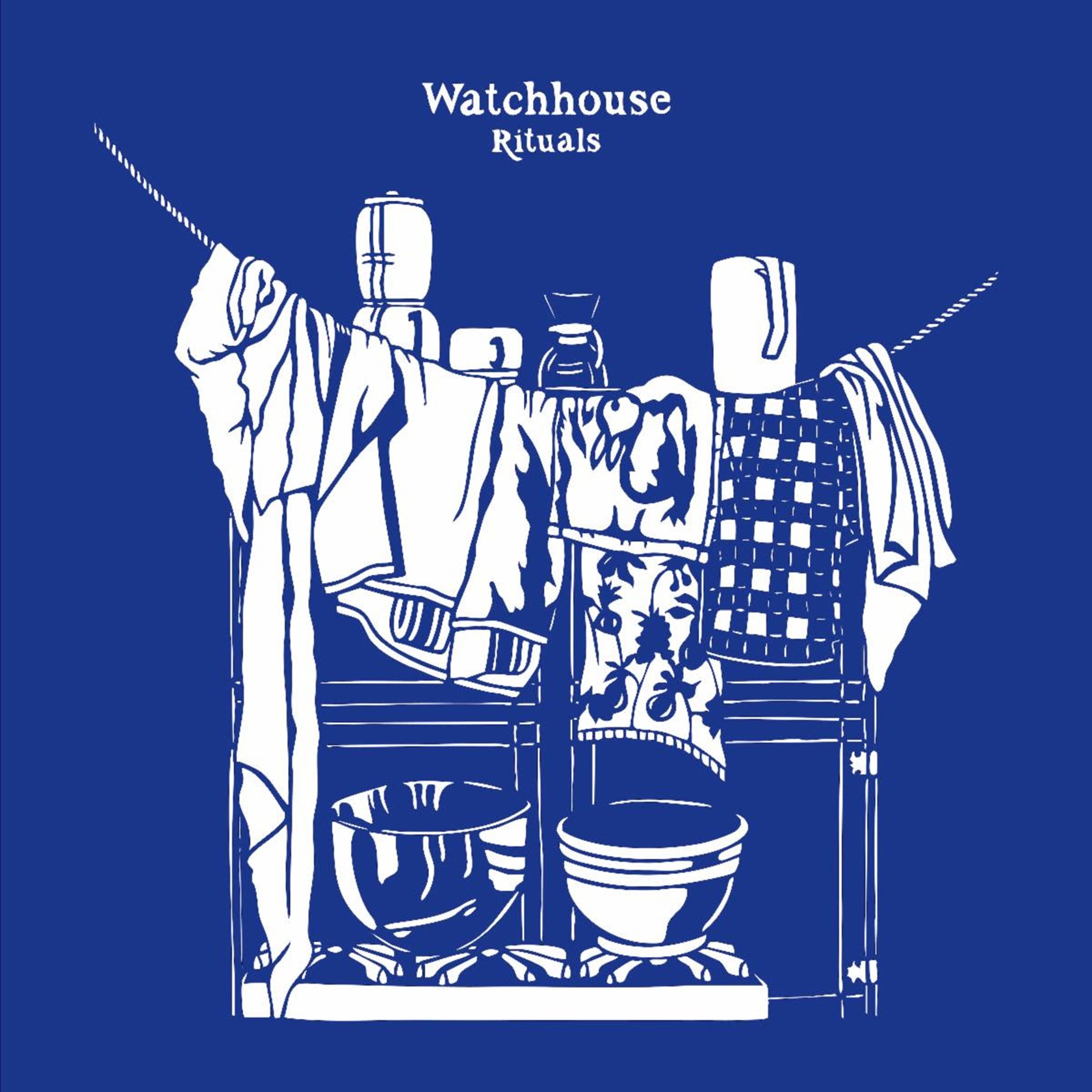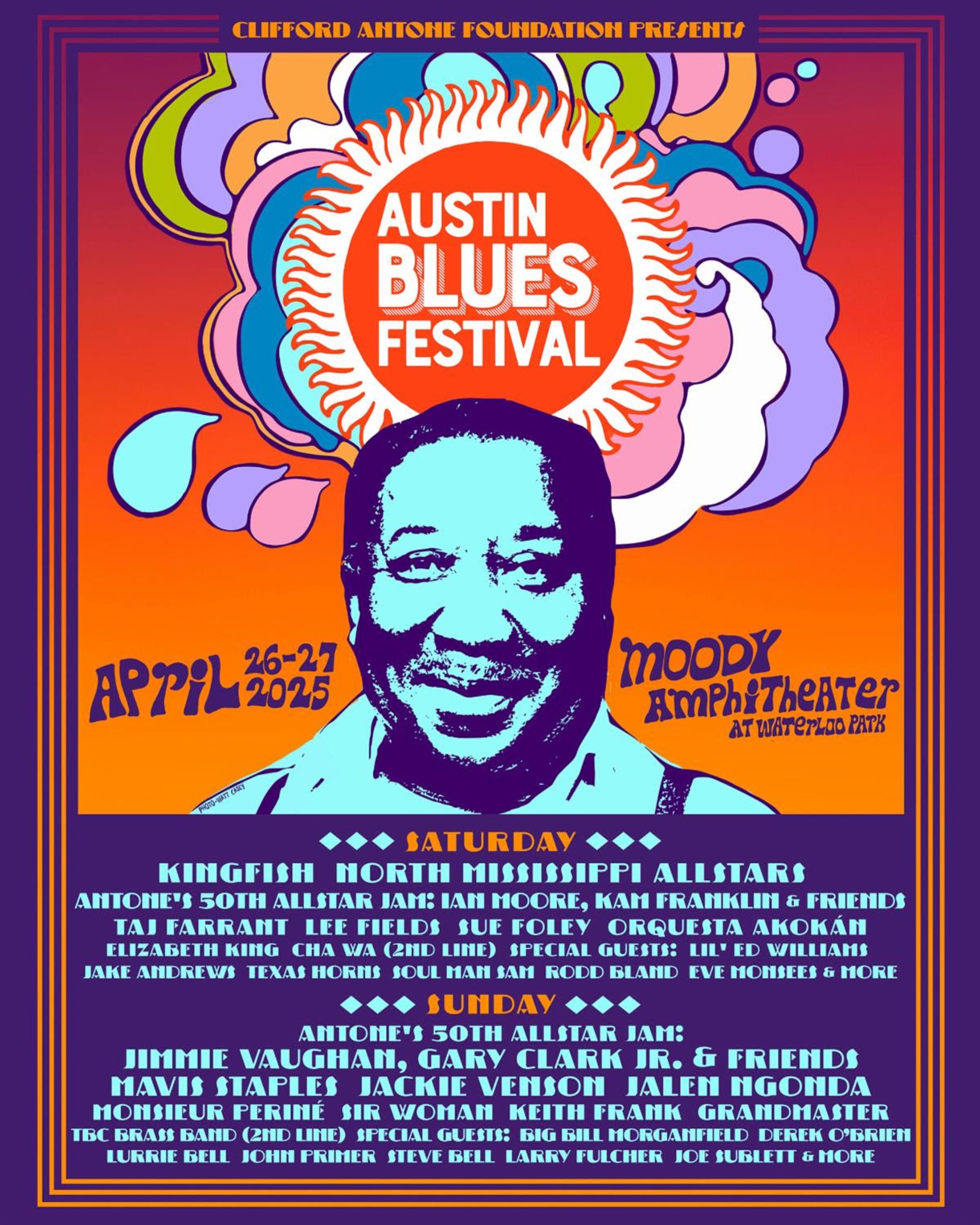Further Ahead: Live in Finland (1964-1969), a stunning new collection of never-before-heard performances by the master jazz pianist Bill Evans, will arrive as a limited, 180-gram two-LP set on Record Store Day (April 12, 2025) from Elemental Music.
This set of major discoveries — which will also be released in a two-CD edition on April 18 — is the 13th Evans archival package to be produced by the award-winning “Jazz Detective” Zev Feldman in cooperation with the Bill Evans Estate.
Feldman says, “Evans is widely celebrated and has legions of fans all over the world, and these never-before-released recordings present yet another chapter of his musical legacy being issued for the very first time….It's not lost on me how precious each of these Evans projects is. We take them incredibly seriously and try to present Bill Evans in the best way possible, and also create packages that people will want to come back to for many years to come. Evans is eternal.”
Further Ahead comprises recordings made during the keyboardist’s Scandinavian tours of the ‘60s. He is heard, at the height of his powers, in Helsinki performances in 1964 (with his working trio including bassist Chuck Israels and drummer Larry Bunker) and 1965 (supported by bassist Niels-Henning Ørsted Pedersen and drummer Allan Dawson, with special guest Lee Konitz), and in 1969 at Tampere (with his longest-running trio mates, bassist Eddie Gomez and drummer Marty Morell).
Both the LP and CD editions of the package will include an essay by jazz authority Marc Myers; remembrances and reflections from Israels, Gomez, Morell, and pianist and educator Gil Goldstein; Evans’ own take on his writing process, drawn from Goldstein’s book Jazz Composer’s Companion; rare photos; and more.
In his overview of the music, Myers writes, “During an audio interview likely conducted in Denmark in 1969 by Finland’s Yle TV, Evans was asked which musicians inspired him most. His answer was both humble and revealing: 'One of the greatest influences, if I would name one person, might be Bud Powell, in jazz…. I also have always felt an affinity for Impressionism, especially Debussy. That might be part of it. I think I’ll always like to have that feeling but I would like to get farther ahead musically, possibly.’
“It’s that last phrase, ‘Get farther ahead musically,’ which stands out. Evans’s ambition never sounded like bragging but a statement of fact. In his playing, he wasn’t trying to recreate pieces like ‘Clair de Lune’ or mirror the Impressionists’ moods and emotions. For Evans, his goal was to go beyond what the Impressionists had achieved by combining sensitivity, trio reciprocity, and swing. This album is a perfect example of the pianist’s relentless quest for perfect beauty.”
Goldstein observes, “I love these new recordings in Finland because the versions are very crisp. The players were really on target, the arrangements were very clear, and everyone was feeding into it amazingly, whatever trio formation it was. Like a classical pianist playing a Beethoven sonata but with more freedom in the note choices, he was aware of the terrain he was going to cover but there was always a lot of invention along the way.”
Israels — who joined Evans’ so-called “new trio” following the tragic death of the brilliant young bassist Scott LaFaro in 1961 — says of the early-60s unit he played in, “The history of that formation is indelibly stamped with Scott LaFaro's relationship with Bill and his relationship with the music. Many people have asked me how it felt to fill Scott's shoes. The fact is I never did. How did it feel to be in his place and be looked at and heard by other people? It never crossed my mind, I was simply happy to be there.”
Gomez, who backed Evans on tour and in the studio from 1966 to 1977, warmly recalls, “I have a lot of memories about my time with Bill. He is still part of my dreams. And those dreams are always pleasant, because they take me back to a good, comfortable place. These recordings stand for a period of time. They are interesting if one is going to look at Bill's career, the evolution of his music from Miles, and even before Miles, into his trios of the 1960s. I think this is a window into that moment in the trio.”
Morell, whose tenure with Evans’ trio ran for seven years, adds, “It just warms my heart every time I hear Bill from that period. It was the beginning of a life altering experience, and it continues to be so. I didn't realize back then how it would change my life. It continues to be that way at this point, 55 years later. Being part of Bill's legacy, and part of jazz history, is an honor and a privilege. As far as the actual music, I would say the 1969 Tampere set is actually pretty good, very energetic, there was a lot going on. Of course, it's a great period of Bill's playing.”
Evans — who brought a rare combination of deep training, technical mastery, an elegant touch, and probing intellect to his playing — told Goldstein, “In order to be an improvising player one has to accept an idiom and certain limitations and find freedom in that and develop the mastery to handle it. So, you do limit yourself in that way. If you are willing, however, you find freedom like you would never find anywhere else.”





